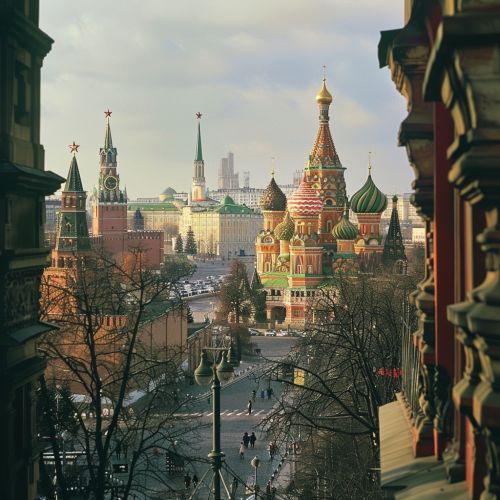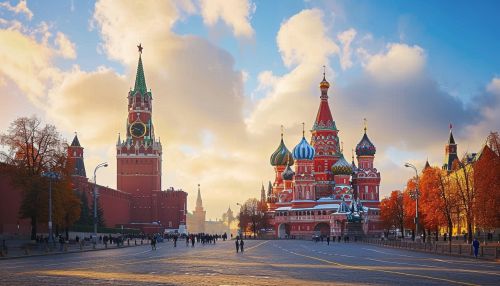October Revolution
Background
The October Revolution, also known as the Bolshevik Revolution, was a pivotal event in world history that marked the end of the Russian Provisional Government and the beginning of the Soviet Union. This revolution was the second phase of the Russian Revolution of 1917, following the February Revolution, and led to the establishment of a socialist government in Russia.
Causes
The causes of the October Revolution are multifaceted and complex, involving a combination of economic, social, and political factors. The Russian Empire was in a state of severe economic and social crisis due to the ongoing World War I. The war had led to food shortages, economic instability, and a decline in living standards for the Russian populace. The Provisional Government, which had taken power after the abdication of Tsar Nicholas II in February 1917, was unable to address these issues effectively. This led to widespread dissatisfaction among the workers and peasants, who formed the majority of the Russian population.


The Bolshevik Party
The Bolshevik Party, led by Vladimir Lenin, capitalized on this discontent. The Bolsheviks, a radical faction of the Russian Social Democratic Labour Party, had been in exile but returned to Russia in April 1917. They advocated for a socialist revolution and the transfer of all power to the Soviets, councils of workers' and soldiers' deputies that had sprung up across Russia in 1917. The Bolsheviks' slogans, such as "Peace, Land, Bread" and "All Power to the Soviets," resonated with the demands of the masses.
Events of the Revolution
The October Revolution began on October 25, 1917 (Julian calendar), which corresponds to November 7, 1917, in the Gregorian calendar. The Bolsheviks, led by Lenin and Leon Trotsky, launched a coup against the Provisional Government. The revolution was relatively bloodless, with the Bolsheviks capturing key sites in Petrograd (now St. Petersburg), including the Winter Palace, the seat of the Provisional Government, with little resistance.
Aftermath
The October Revolution marked the beginning of the Russian Civil War, which lasted from 1918 to 1922. The Bolsheviks, who renamed themselves the Communist Party, consolidated their power and established the Russian Soviet Federative Socialist Republic, which later became the foundation of the Soviet Union. The revolution also led to Russia's withdrawal from World War I.
Impact
The October Revolution had a profound impact on world history. It marked the first successful implementation of a socialist state based on Marxist principles. The revolution and the subsequent establishment of the Soviet Union led to a realignment of global power dynamics and played a significant role in shaping the geopolitical landscape of the 20th century.
Legacy
The legacy of the October Revolution is complex and continues to be a subject of debate. While it is credited with establishing the world's first socialist state and inspiring other socialist movements worldwide, it is also criticized for leading to an authoritarian regime under the Soviet Union.
